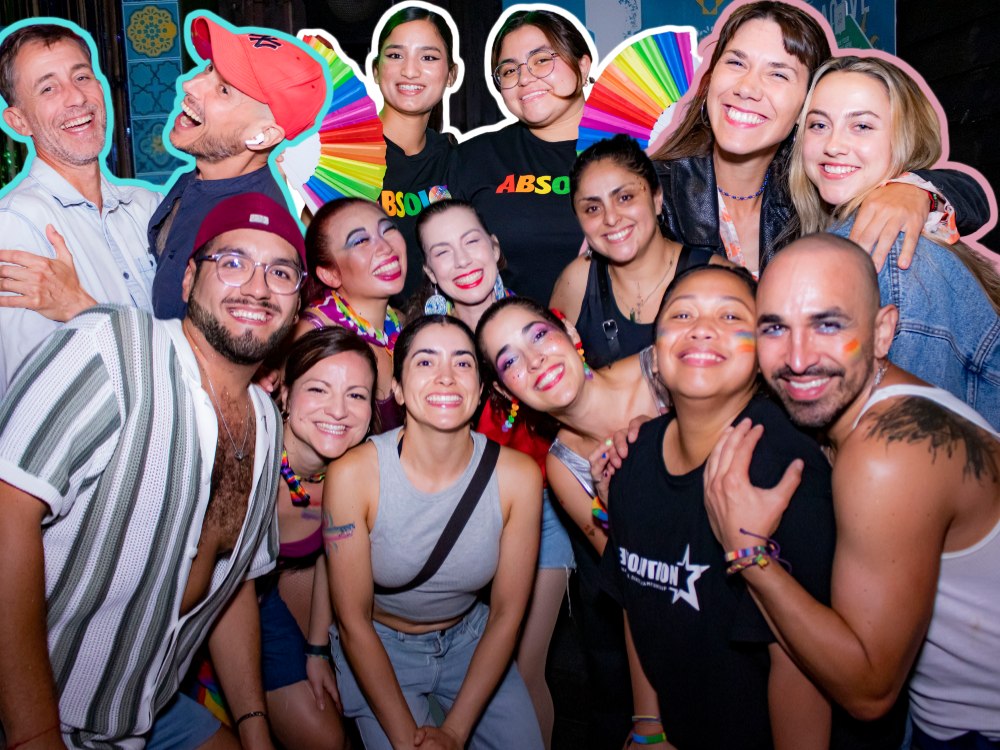Despite anti-trans rhetoric dominating headlines, primary healthcare workers are embracing training and rejecting misinformation, proving that real change happens on the ground, says Jennifer Shields.
If you were to look online or follow the news, it would be easy to think we’re in the midst of a huge anti-trans backlash. And in many ways, we are. The news coming out of the States is shocking, with being trans declared as “incompatible” with an “honourable, truthful, and disciplined lifestyle” and moves to permanently bar trans people from entering the country on the grounds of “material fraud”.
Here at home, we’re seeing a string of violence from groups like Destiny Church and the Government making their own moves—proposing restrictions on trans rangatahi’s right to access healthcare when their own evidence shows no need for any restrictions, and our excellent Relationships and Sexuality Education Guidelines being unpublished entirely with no replacement in sight—proving we’re not immune from what’s happening overseas.
But on the ground, I think things are playing out differently in some areas. My job is running a national training programme for Aotearoa’s primary care workforce, upskilling GPs, nurses, and practice teams in gender diversity and gender-affirming care, working to address the barriers to accessing care that were identified by the trans health and wellbeing survey, Counting Ourselves.
When I started this work, I worried that the pressure the health system is under and the disinformation about trans healthcare would put people off. We started this contract in late 2023, as the anti-trans movement was reaching its peak, with researchers describing the online rhetoric around trans people reaching “unprecedented levels” of hatred. Around this period, Counting Ourselves (2022) found that 60% of our communities were seeing negative messaging about trans people online every week—a quarter were seeing those messages daily.
But I’m happy to say that I was proven wrong quickly. Within weeks of us launching the training programme, we had over 100 requests for training from practices around the country. Every week, I get to meet healthcare workers who are determined to learn more, to provide the best care they can for our communities. Many of them have come across the disinformation—they all read the news, and they see it for what it is: a politically motivated agenda that isn’t grounded in what New Zealanders actually believe.
Recently, I was in Tāmaki Makaurau running a string of workshops for practices across the city. My last for the week, on a Friday afternoon, was a practice out West who were so keen on and excited about the training that they had baked a cake—and decked it out in rainbow flags and decorations. When we took photos, instead of saying “cheese!” the team cheered, “gender diversity!”
Things still aren’t where they need to be for our communities—we see that in the Counting Ourselves data, and I hear it regularly from community members. But despite how the news might frame things, people do care, and in some areas, things are improving. And that’s how it starts—people, as individuals, making changes in their lives because they know it’s the right thing to do.
Getting to do this work is protective of my own wellbeing. Every week, I see the worst of it, keeping track of the latest moves against our ability to live happy and full lives. But every day, I get to see the best of it—the sheer number of people dedicated to improving the lives of trans people in Aotearoa, despite the disinformation. I want to share both of those things—because while it’s important that we know what’s going on, it’s just as important to remember how little effect the anti-trans campaign is having where it really matters.


































